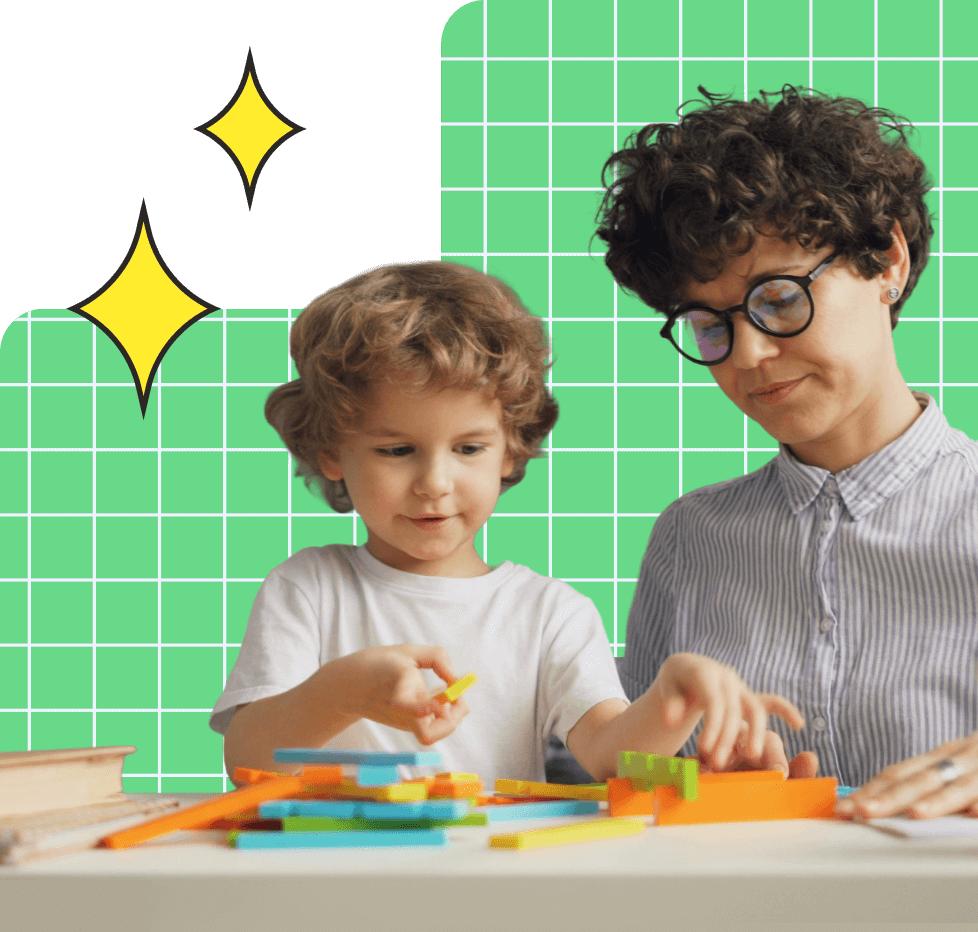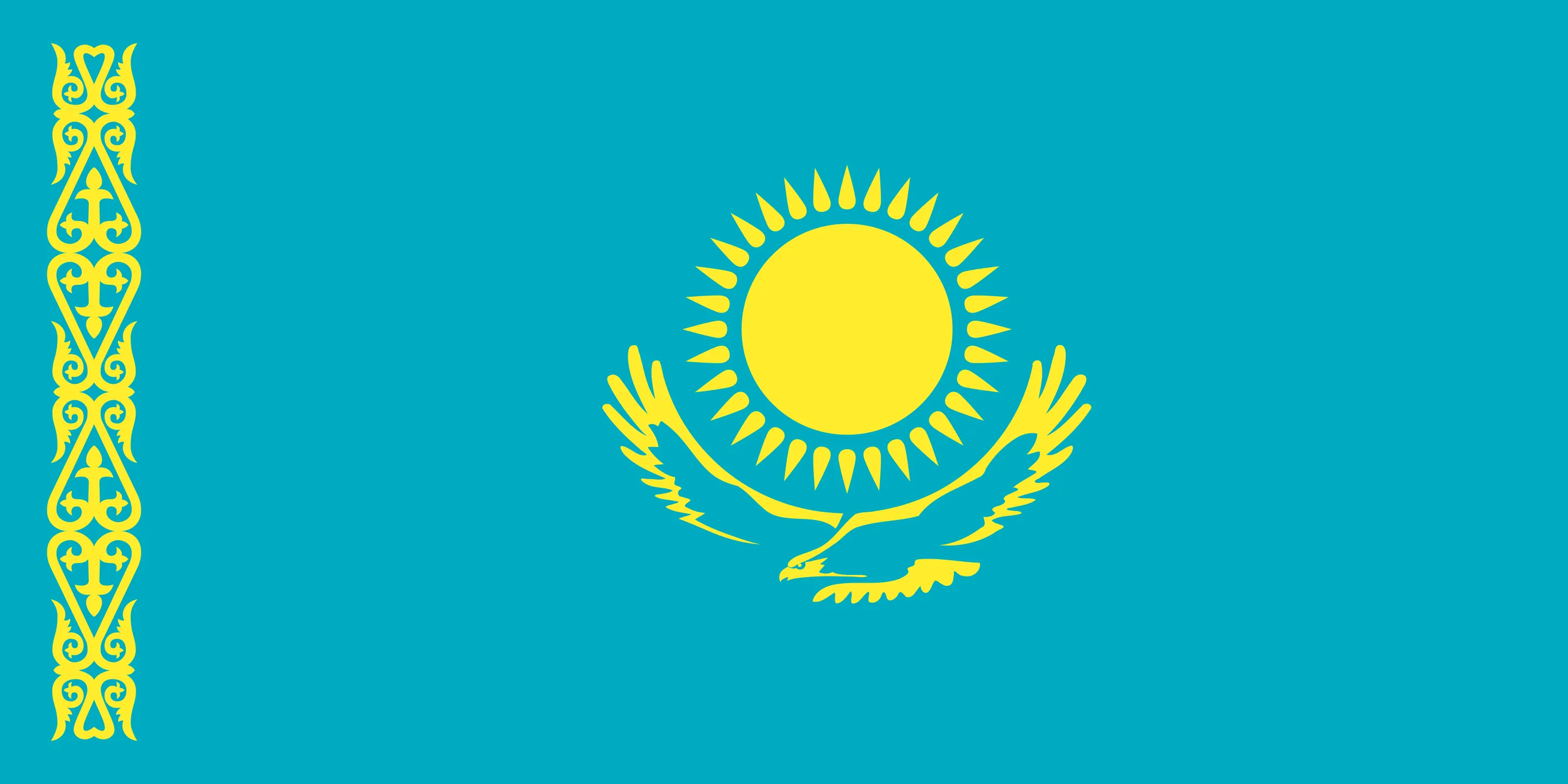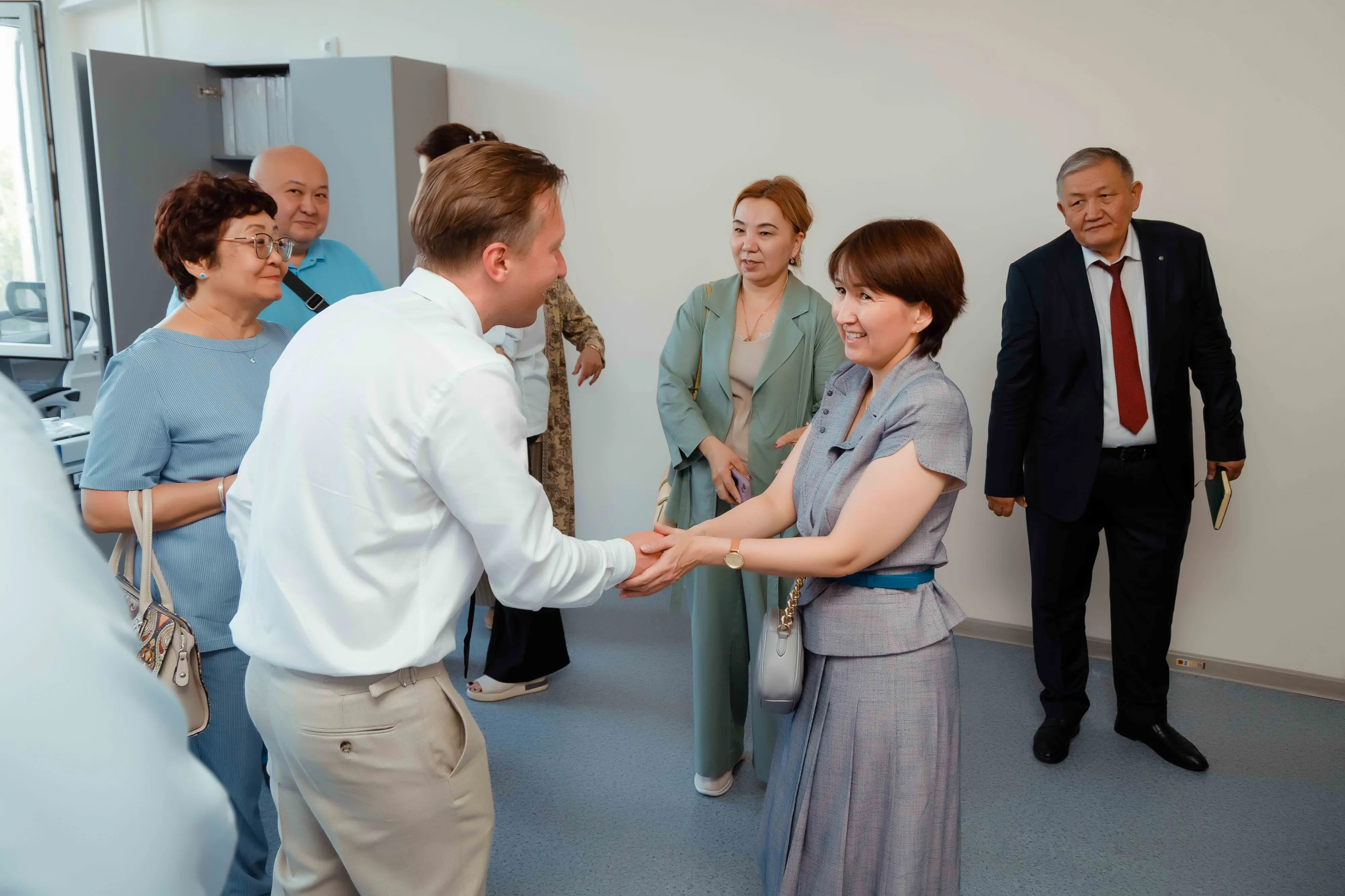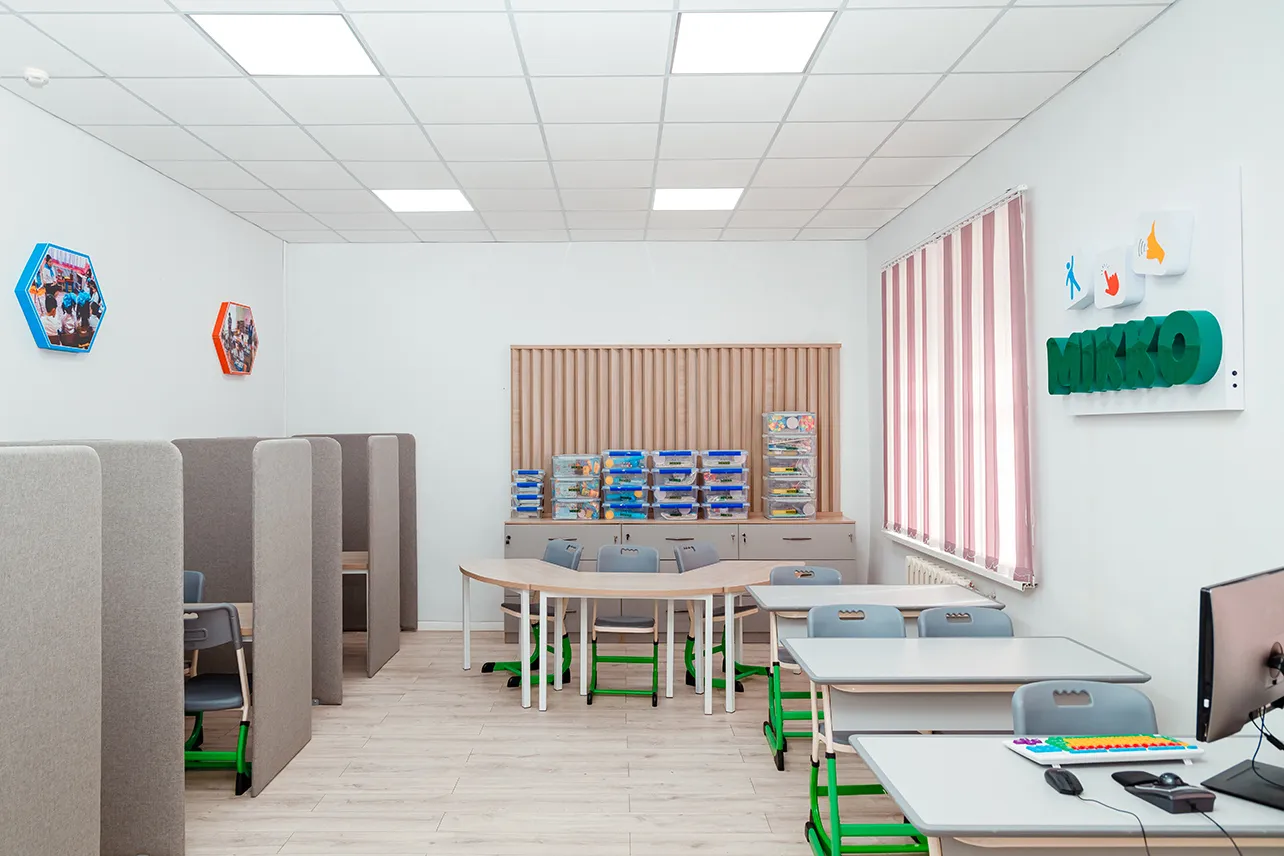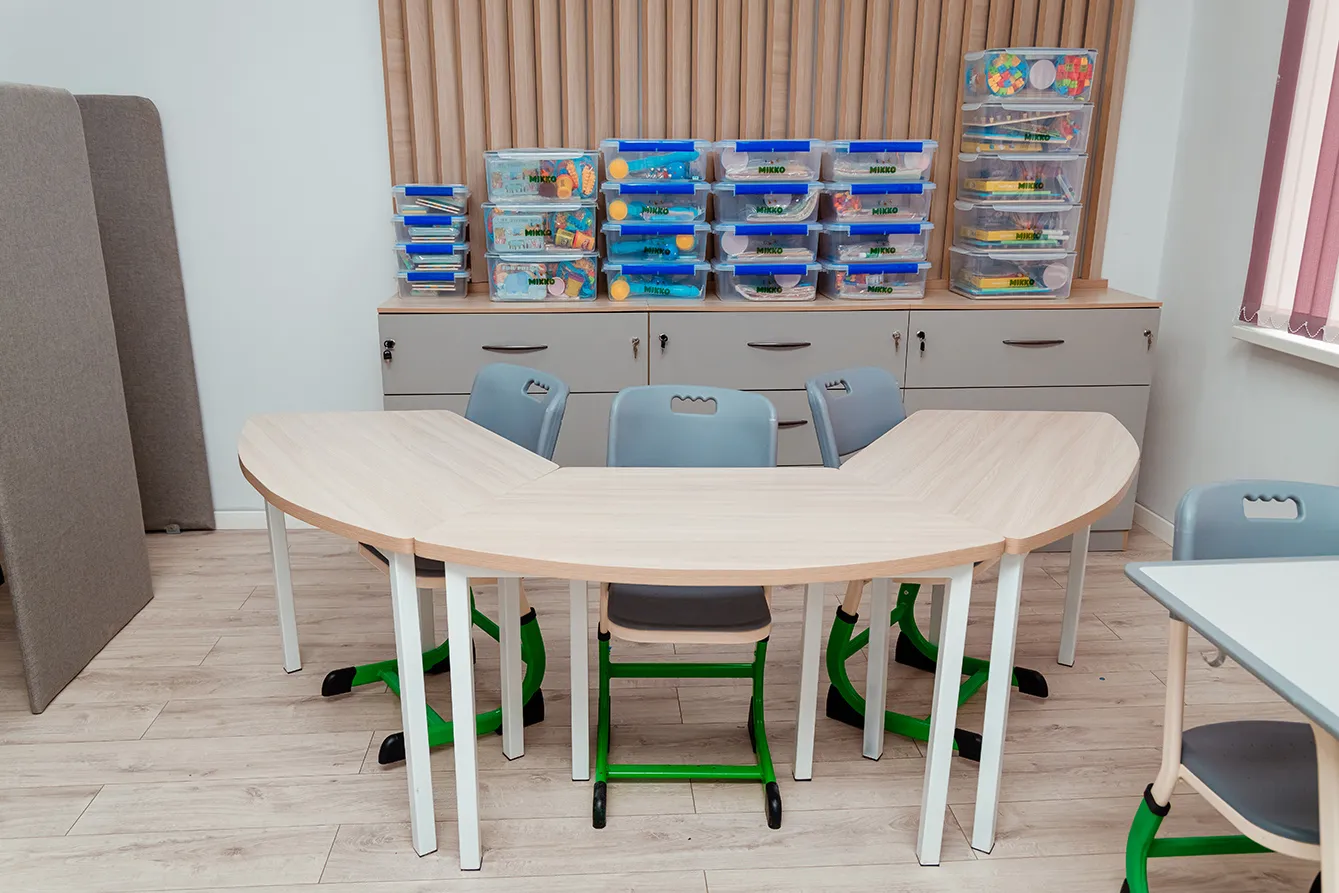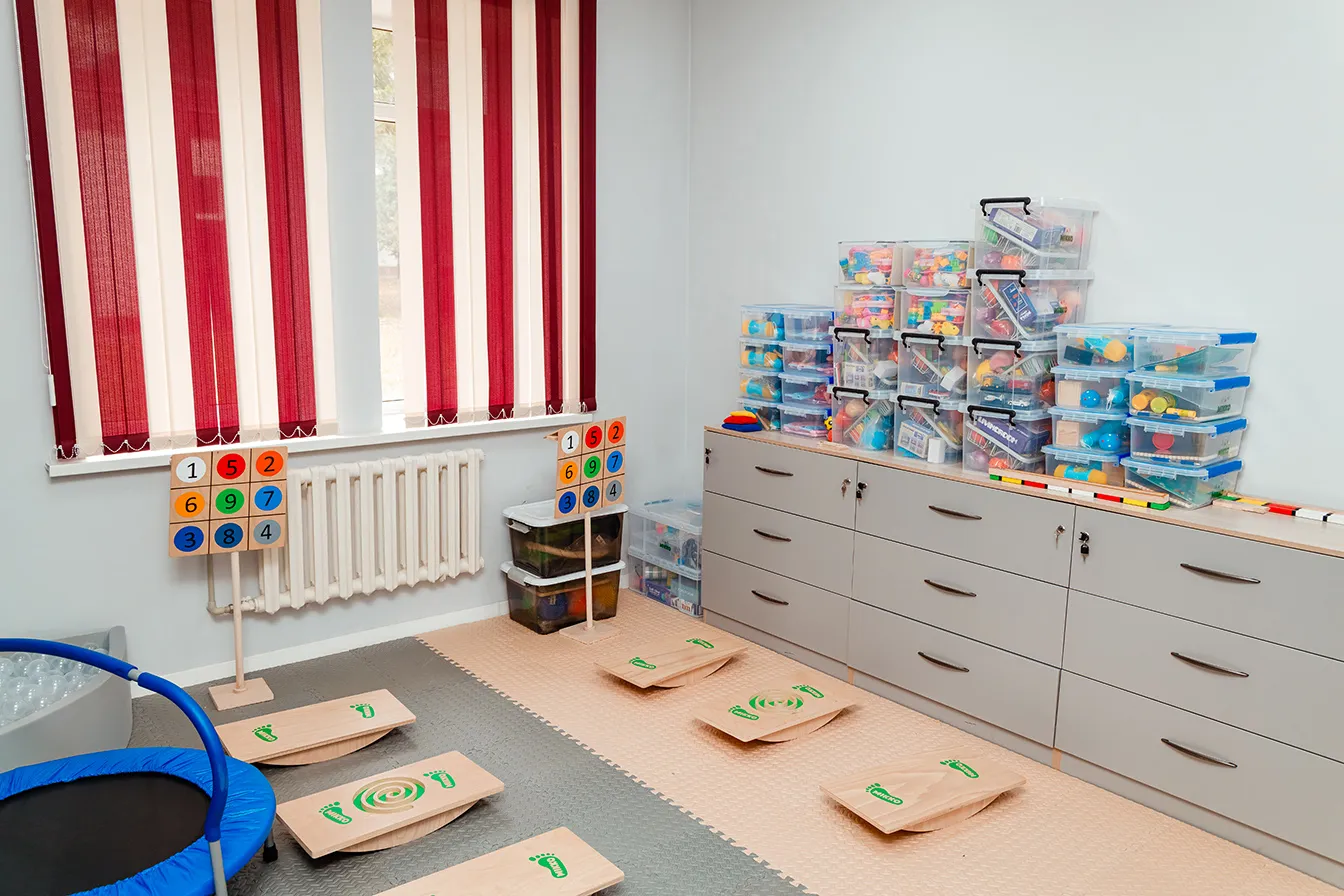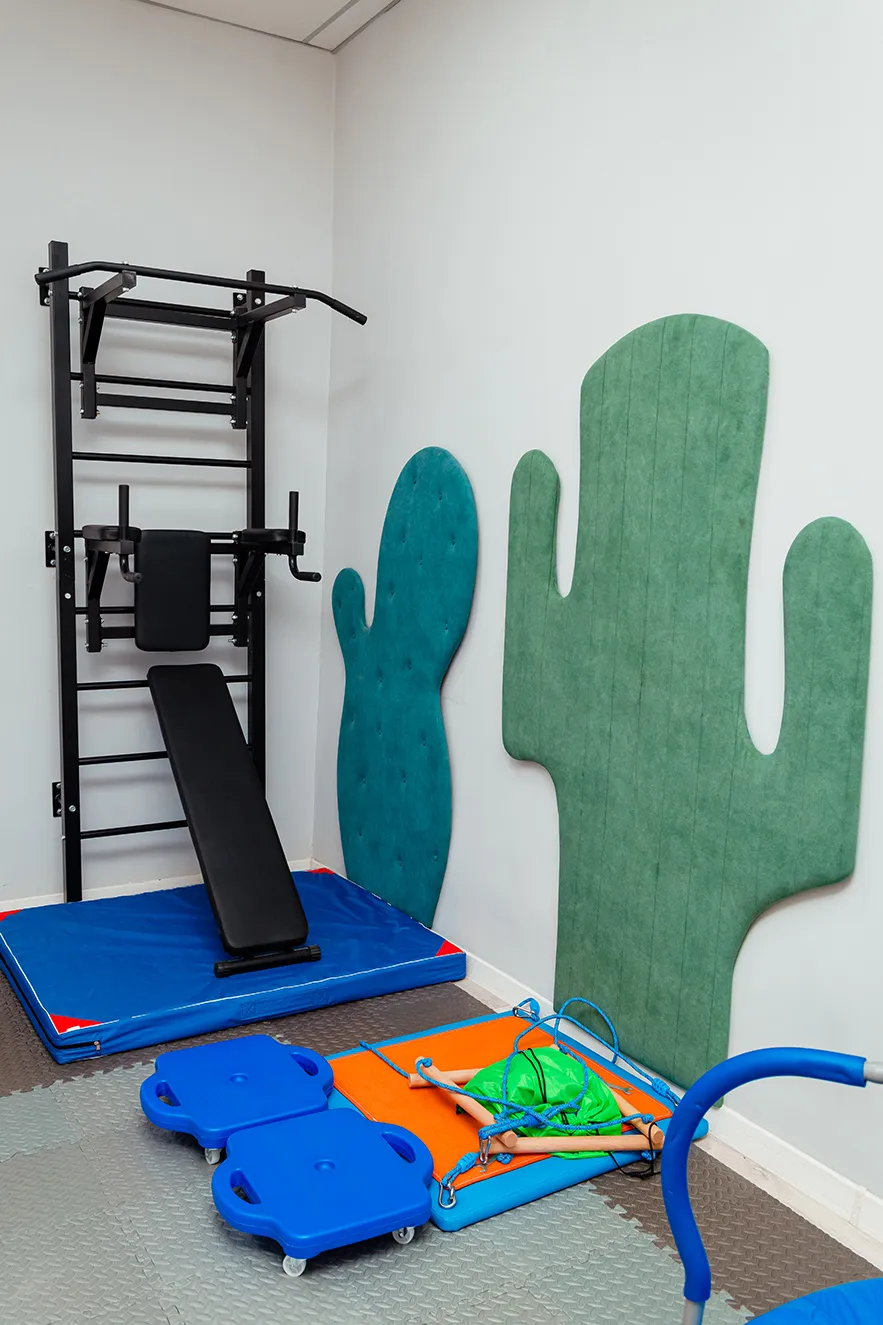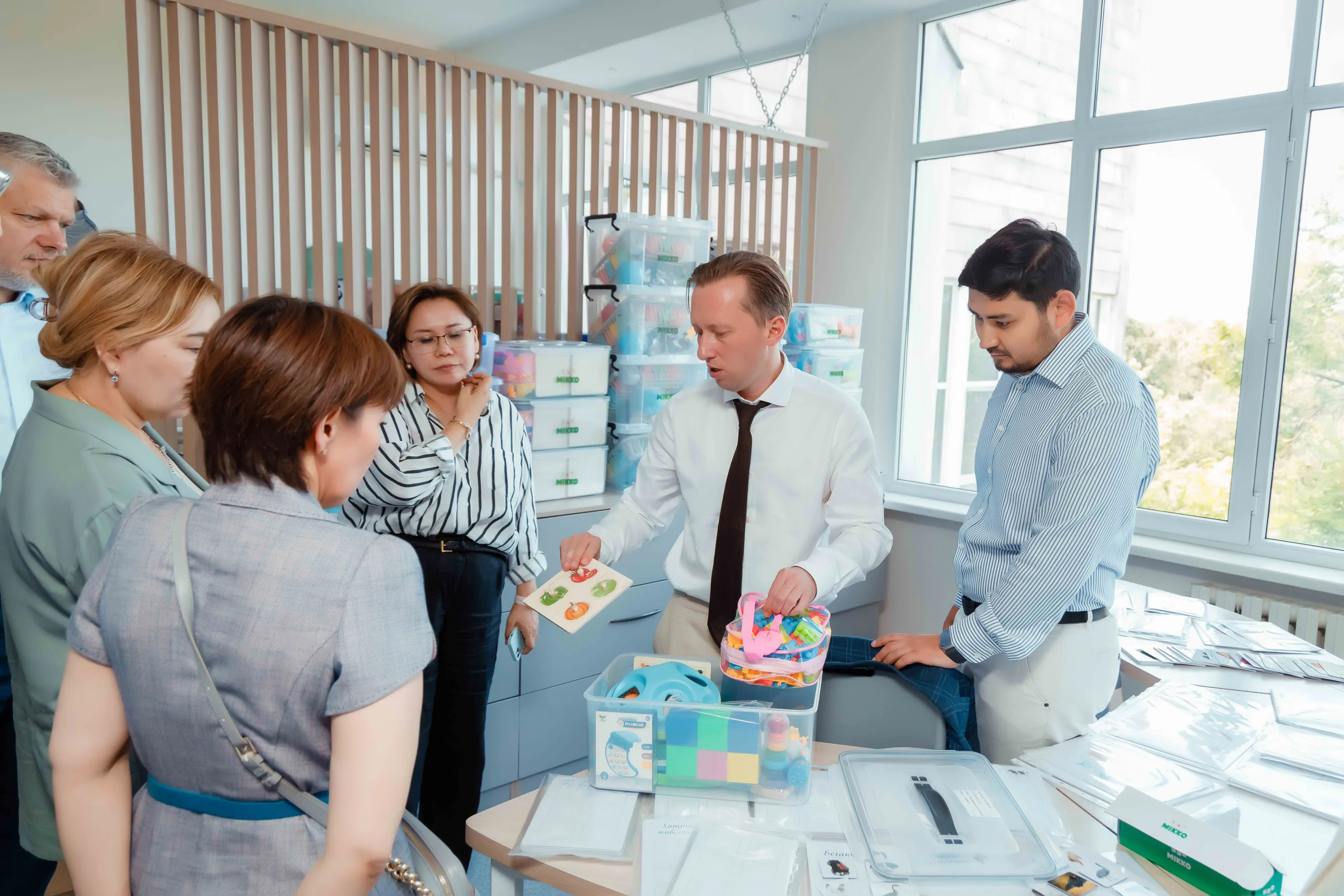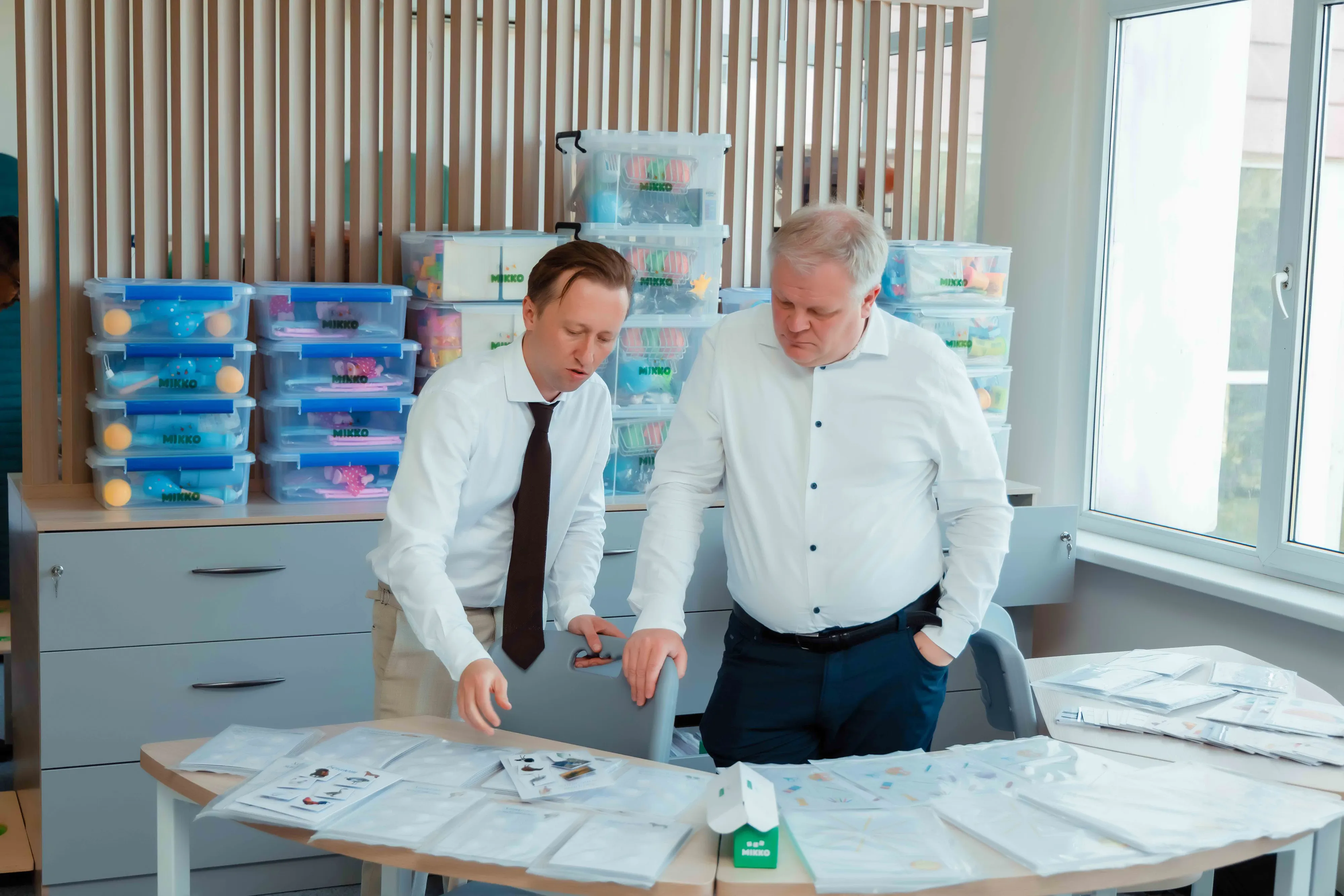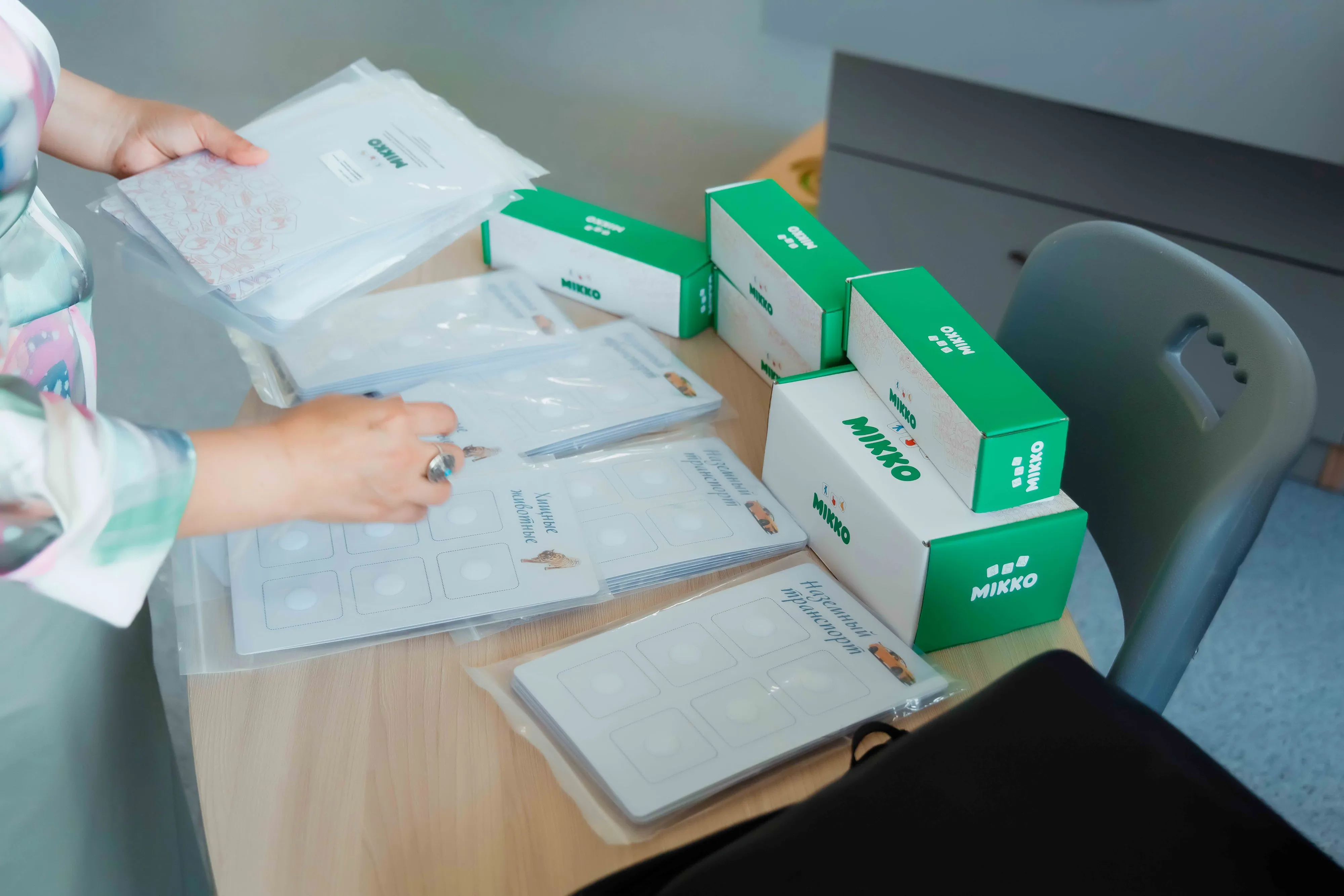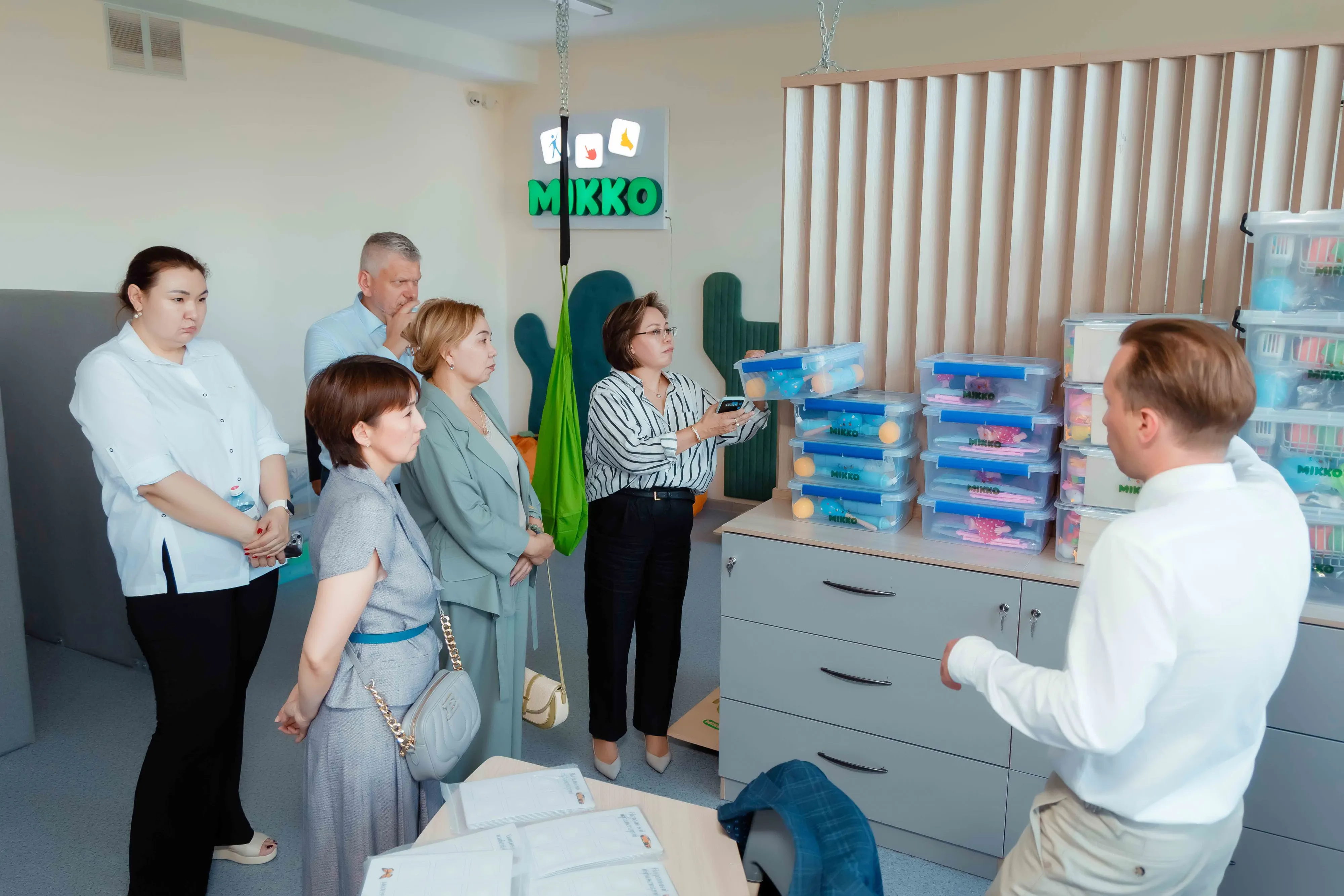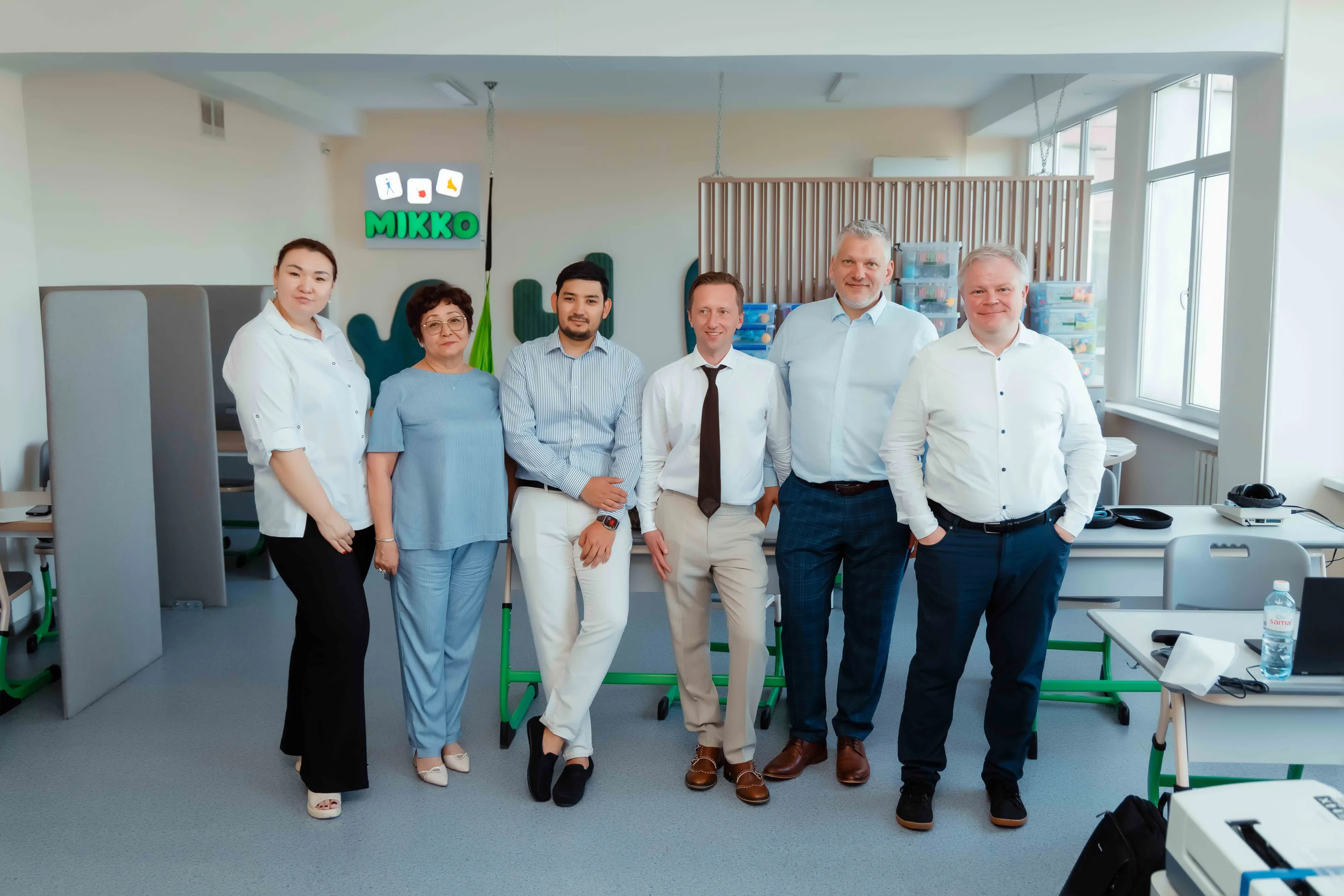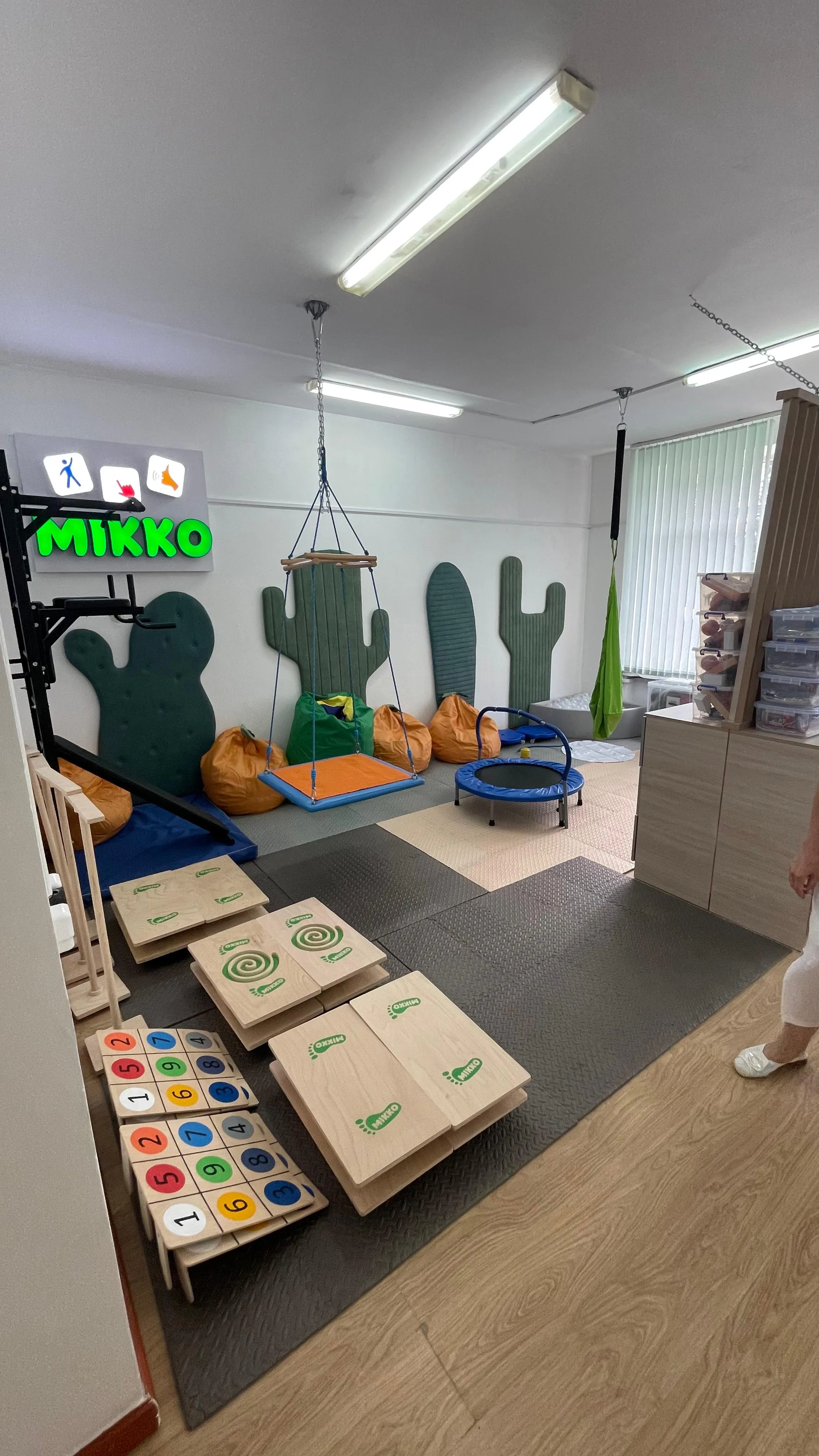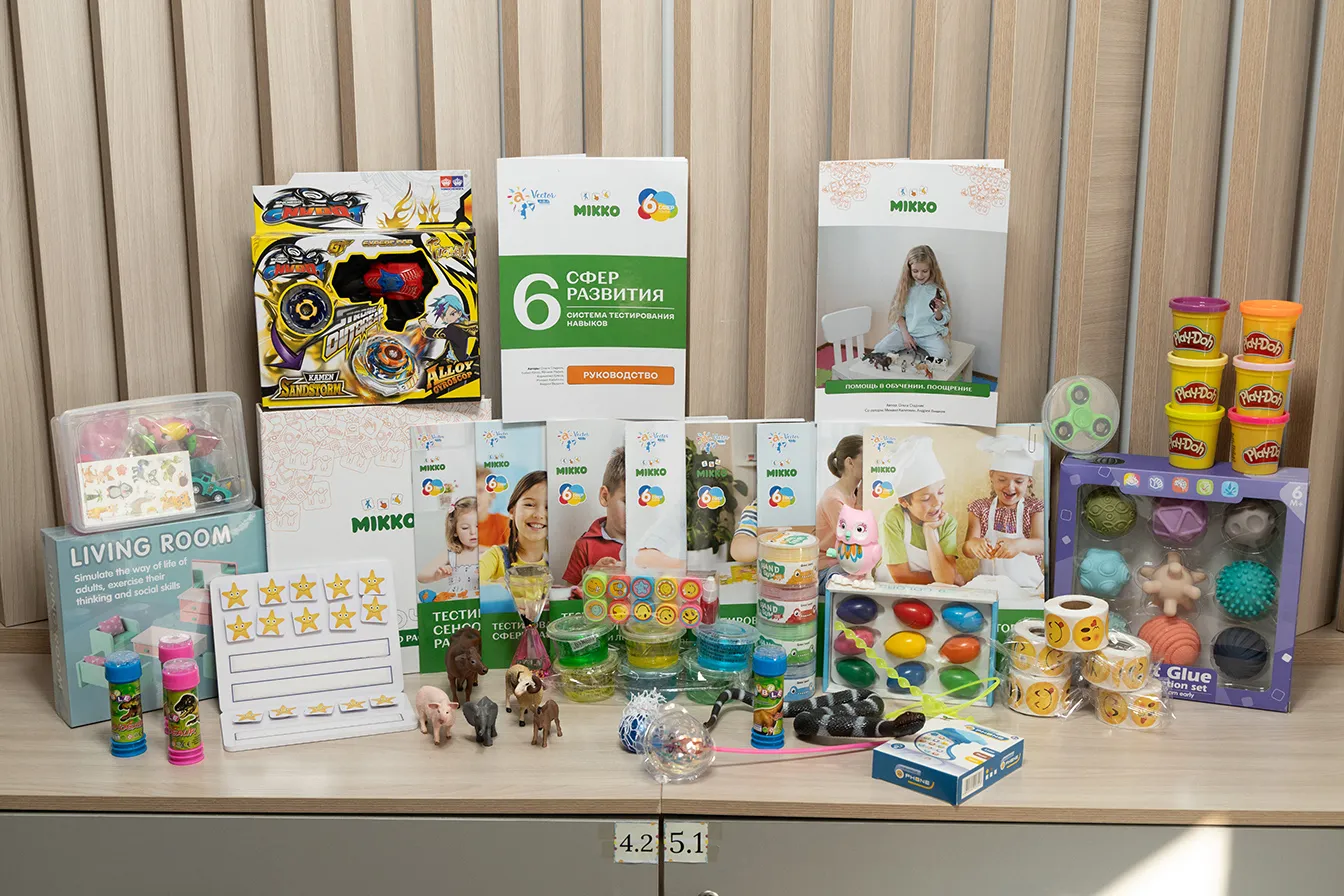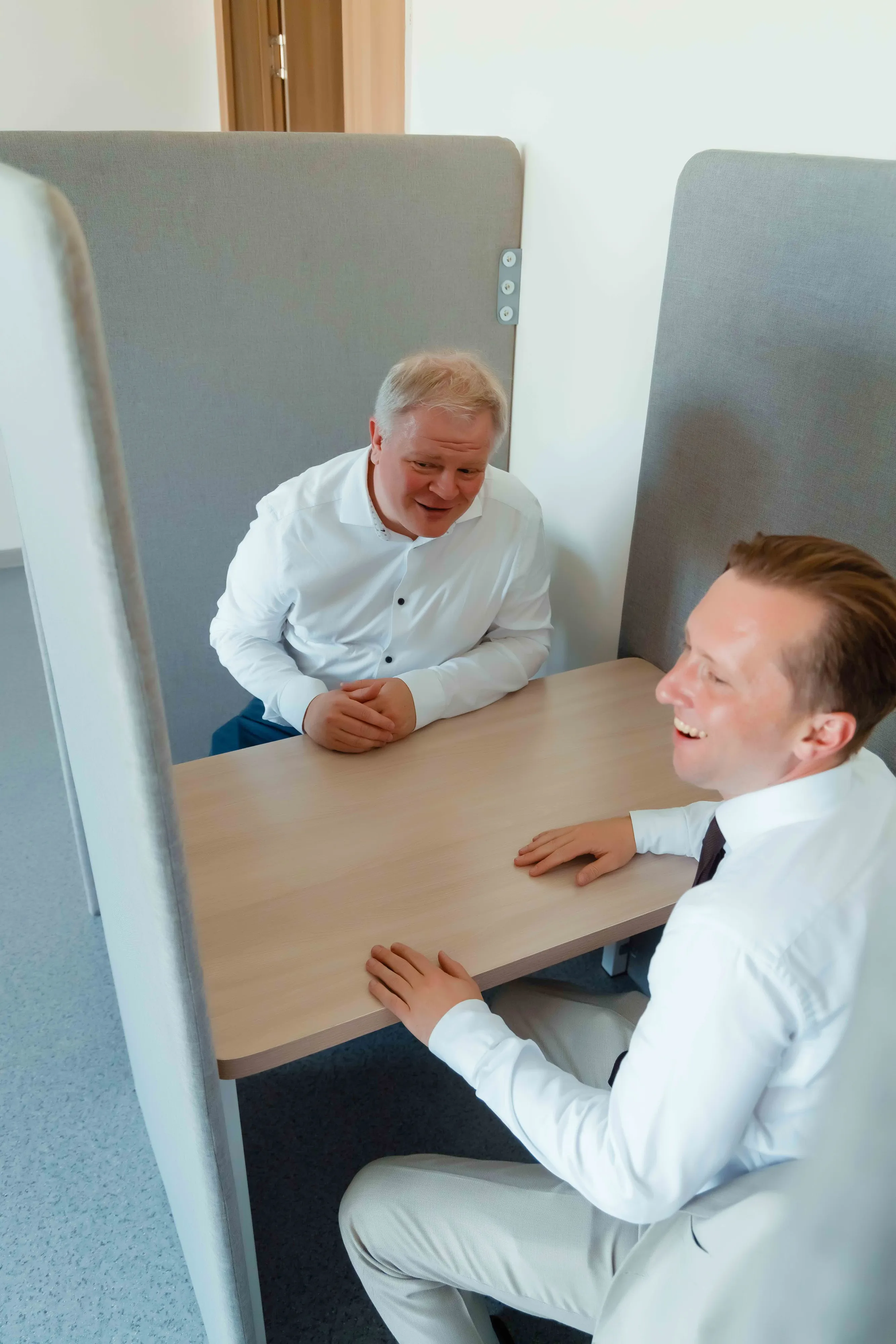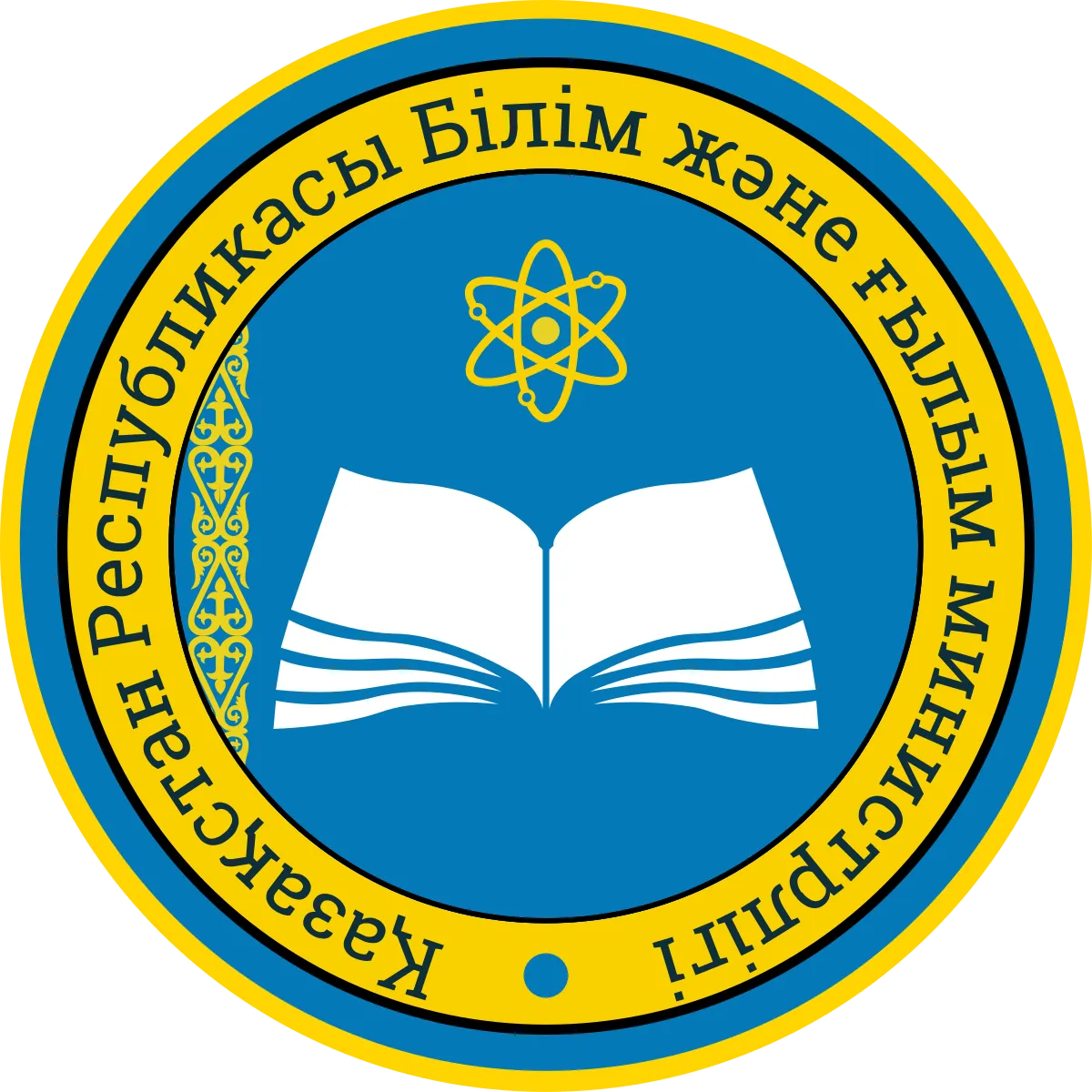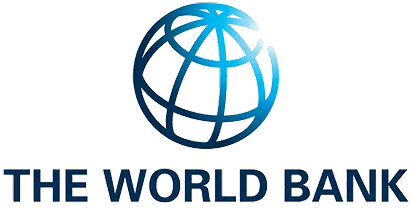Creation and Equipping of Reference Classrooms for Inclusive Education (NCB-5)
Equipping 14 universities with inclusive education classrooms.
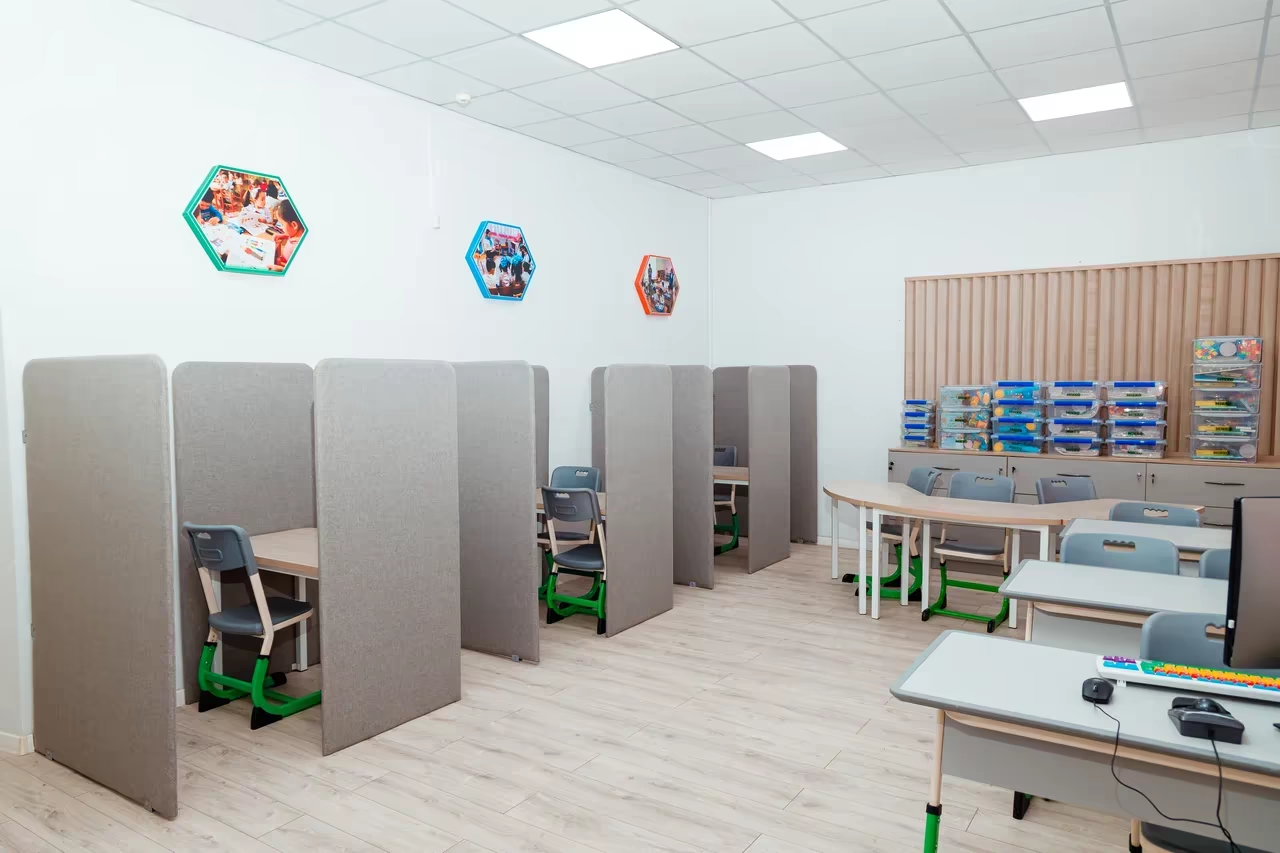
Project overview
This project is a component of the World Bank’s Education Modernization Project No. 8709-KZ, implemented in partnership with the Ministry of Science and Higher Education of the Republic of Kazakhstan. It provided 14 pedagogical universities across Kazakhstan with fully equipped inclusion classrooms. The supplied equipment enables the practical application of knowledge gained in Component 2 (QCBS-13), ensuring that future educators acquire hands-on experience working with children with special educational needs (SEN). The initiative established a national standard for inclusive classrooms, providing universities with modern didactic, methodological, and technological resources. Many didactic kits were based on Applied Behavior Analysis (ABA) and were adapted and localized for Kazakhstan’s educational context.
Key results
Universities equipped with inclusion classrooms
Didactic kits and 1,830 teaching aids delivered
Sets (20,000+ didactic units) adapted and localized
Digital training courses developed (65 lectures, 24/7 access)
Sets of auxiliary and computer equipment delivered
Sets of specialized furniture installed
Project details
Within Component 3 (NCB-5) of the World Bank Project No. 8709-KZ, UNOWA, through its MIKKO brand, designed and equipped 14 Inclusion Classrooms across Kazakhstan’s leading pedagogical universities. Each classroom was developed as a model environment where future teachers can gain practical skills in inclusive pedagogy. These modern spaces unite innovative design, adaptive furniture, diagnostic tools, and digital learning technologies — transforming the concept of inclusion into a tangible educational reality.
Every MIKKO inclusion classroom follows a universal layout divided into functional zones — sensory, individual, group, and traditional learning areas. This design supports multiple learning modalities and creates a safe, engaging environment for all students, including those with special educational needs. The setup encourages flexibility: educators can seamlessly move from diagnostic exercises to group collaboration or sensory regulation activities, fostering both academic and emotional development.
UNOWA delivered a comprehensive, ready-to-use solution — not just equipment. Each classroom received specialized MIKKO didactic kits, localized methodological guides, adaptive furniture, sensory materials, and a full digital suite (computers, projectors, interactive panels). All content was translated and adapted into Kazakh and Russian, aligned with national educational standards. This ensured that every university could start inclusive training immediately — with compatible tools, clear guidelines, and fully prepared teaching staff.
MIKKO classrooms are equipped to combine traditional learning with digital inclusivity. Alongside tangible teaching materials, UNOWA provided digital courses and AI-based resources for educators, helping them master screening, behavioral analysis, and inclusive communication methods. Teachers can now conduct interactive lessons, record diagnostic observations, and use projection tools to visualize developmental progress — bridging modern technology and human-centered pedagogy.
The 14 newly established classrooms have become national centers of expertise in inclusion, where theory meets practice. University lecturers, trained under Component 2, now use these spaces to prepare future teachers capable of supporting children with diverse learning needs. The model developed by UNOWA and MIKKO serves as a scalable blueprint — ready to be replicated across Kazakhstan and other regions. It demonstrates how infrastructure, methodology, and training can unite to create an accessible, barrier-free education system for all.
Project partners
Resources

